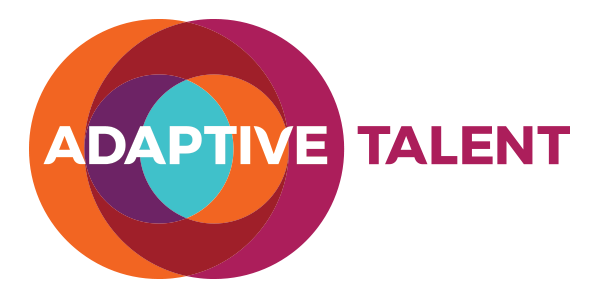If you want you a highly functioning organization you absolutely need a robust strategy and operations framework.
Winning organizations study the competition, understand their customers, know their own internal capabilities, and methodically define and achieve their plans. It’s a discipline and a process that starts with the CEO, influences the work of everyone in the organization, and requires fantastic teamwork to achieve.
CEOs trying to change to culture of an organization would do well to first uncover people’s assumptions, or beliefs, around topics like growth, competition, customer satisfaction, technology changes, internal capabilities, etc. You can summarize these in a “beliefs statement” that talks about those factors as they are now and where you believe they will be in the future. It’s a way of “getting people on the same page” and collectively saying “this is the way things are and where we think they’re going” and will influence the types of strategies and objectives employed. Belief statements are different than value statements because values focus on how individuals treat each other and are really timeless while belief statements are typically focused at the industry/sector and/or organizational level and are time specific.
Here are some high level things to consider as you create your strategic plan:
- What’s your assessment of the external environment?
- How well do you understand the existing customers and markets?
- What is the best way to grow the business profitably, and what are the obstacles to growth?
- Who is the competition?
- Can the business execute the strategy?
- Are the short term and long term strategies balanced?
- What are the important milestones for executing the plan? Don’t do it just once a year.
- What are the critical issues facing the business?
- How will the business make money on a sustainable basis?
Once you have clarity on those ideas, you can create a plan to deliver the results. This is your operations plan and it’s really the nuts and bolts behind the strategy. It’s a realistic assessment of what will be delivered this fiscal year, by whom, when, how, at what cost. It has contingency plans built into it so that the organization can quickly adjust in a way that allows minimal disruption to the overall plan attainment.
The discussions that build up to the creation of corporate operations plan are essential. High performing companies like GE take their key leaders offsite for many days to host in-depth discussions, get educated on key market or technology shifts, and really understand how the other businesses are evolving and where partnerships across units could create fantastic value. These discussions are only effective if people are comfortable with each other, vigorously discuss the merits of each idea and truly commit on all aspects of the plan. If this will be new to your organization the CEO will need to be a good role model until people change their behavior.
Once you have a prioritized, well thought out operations plan you are ready to allocate the budget. This is the right way to do it – it’s efficient because you’ve already debated the relative merits and priorities of each goal. Unfortunately this is not how most CFOs do it, as many of us painfully know.
Each CEO direct report then takes her objectives and cascades the relevant ones to members on her team who either own that objective and budget allocation themselves or assign/cascade it to people on their team. Everyone should have written performance objectives, some of which link to the operations plans (not every personal goal needs to link to a corporate goal) and some of which are about professional development.
Ensure progress by coaching people often, holding 1:1s where employees update their managers (and managers support as necessary), and holding financial or product reviews at key milestones. These practices will be a hugely positive impact on your culture.
This wraps up my series on creating a culture of execution through objectives. I hope this has been helpful and of course the Adaptive Talent team would welcome the opportunity to help you and your team improve your execution agility and adaptability via our culture and organizational development consulting, meeting facilitation, communications and coaching / mentoring training, total rewards consulting, leadership coaching and development programs and retained search to help you land high impact talent.

